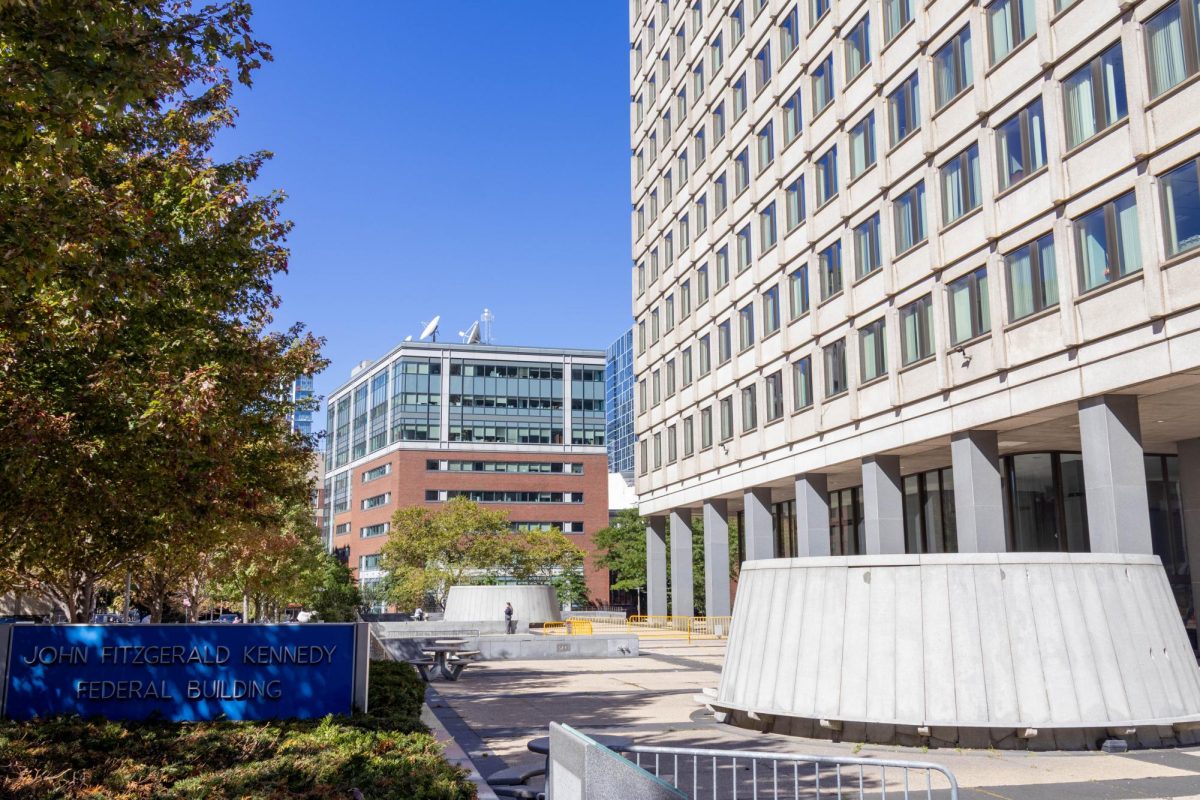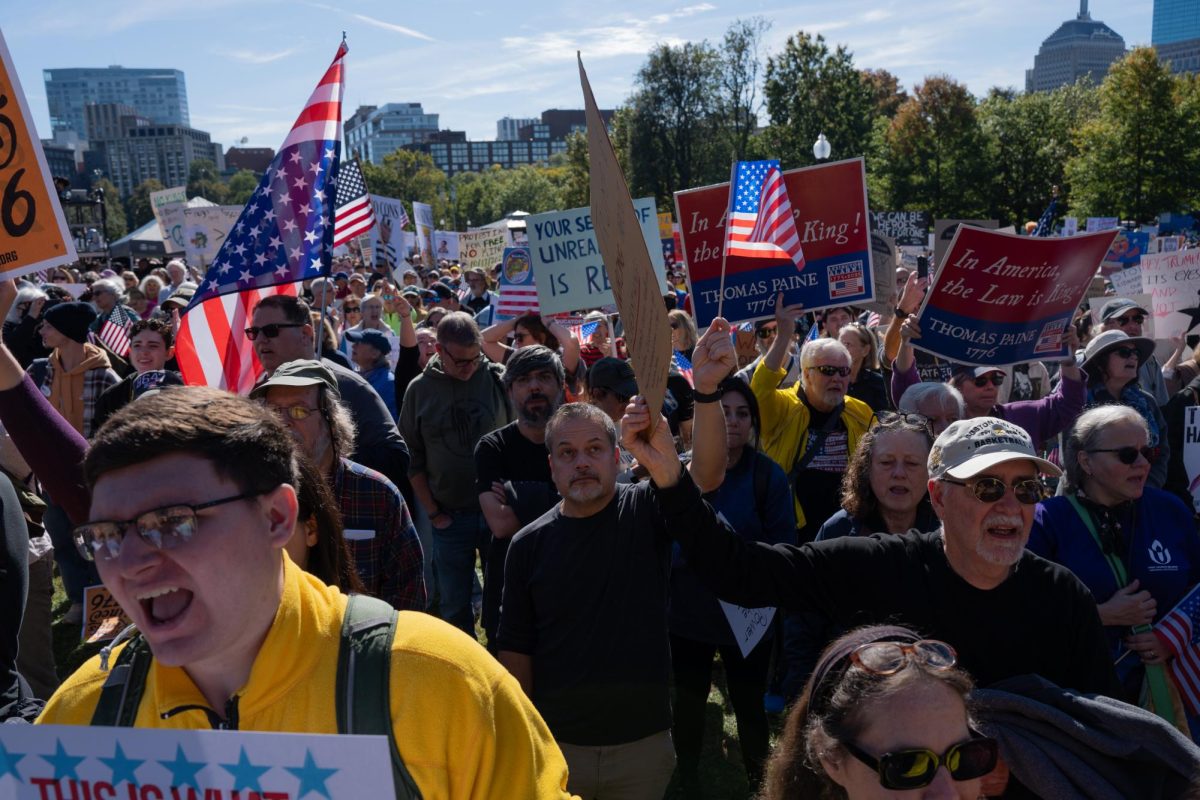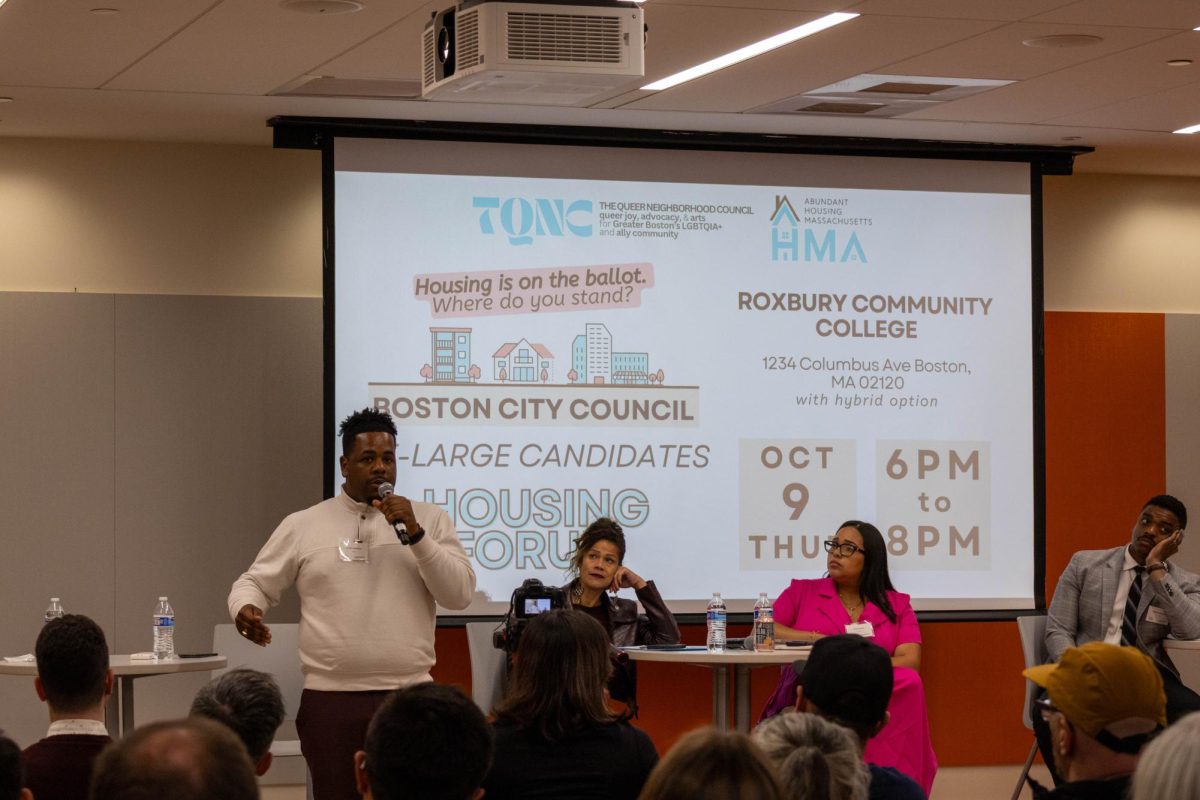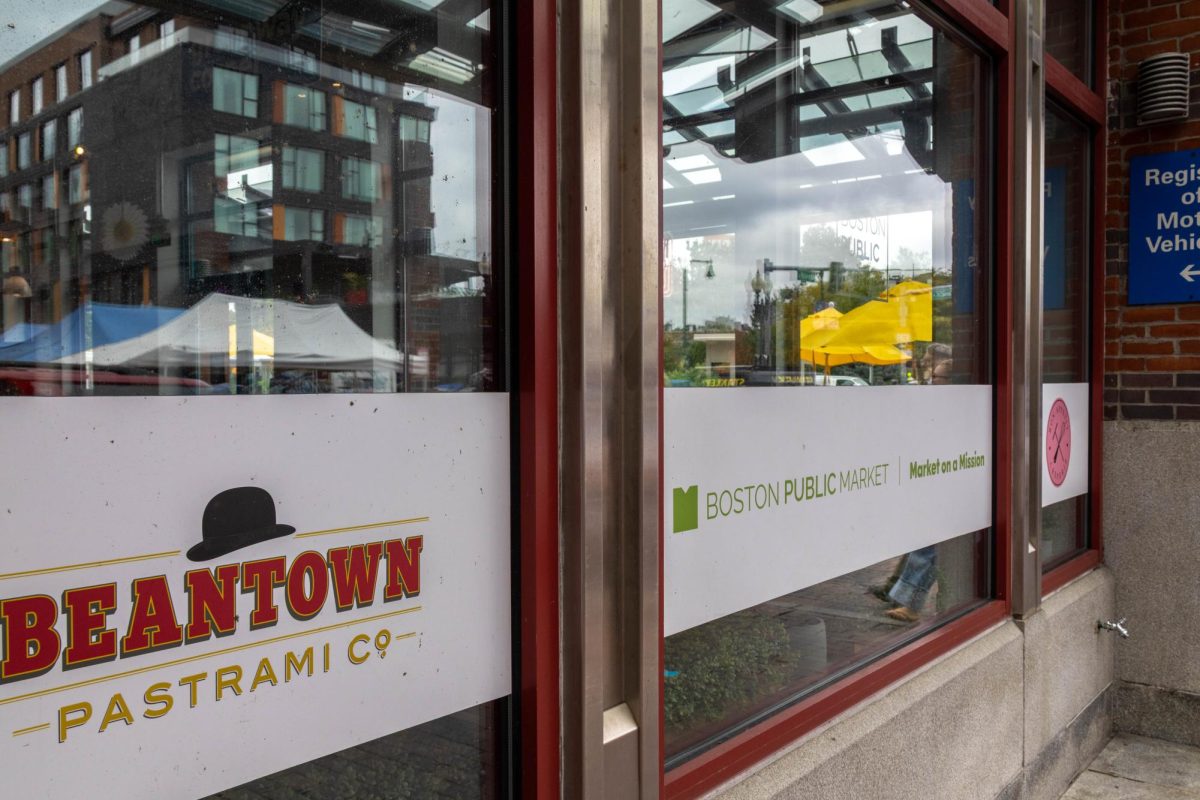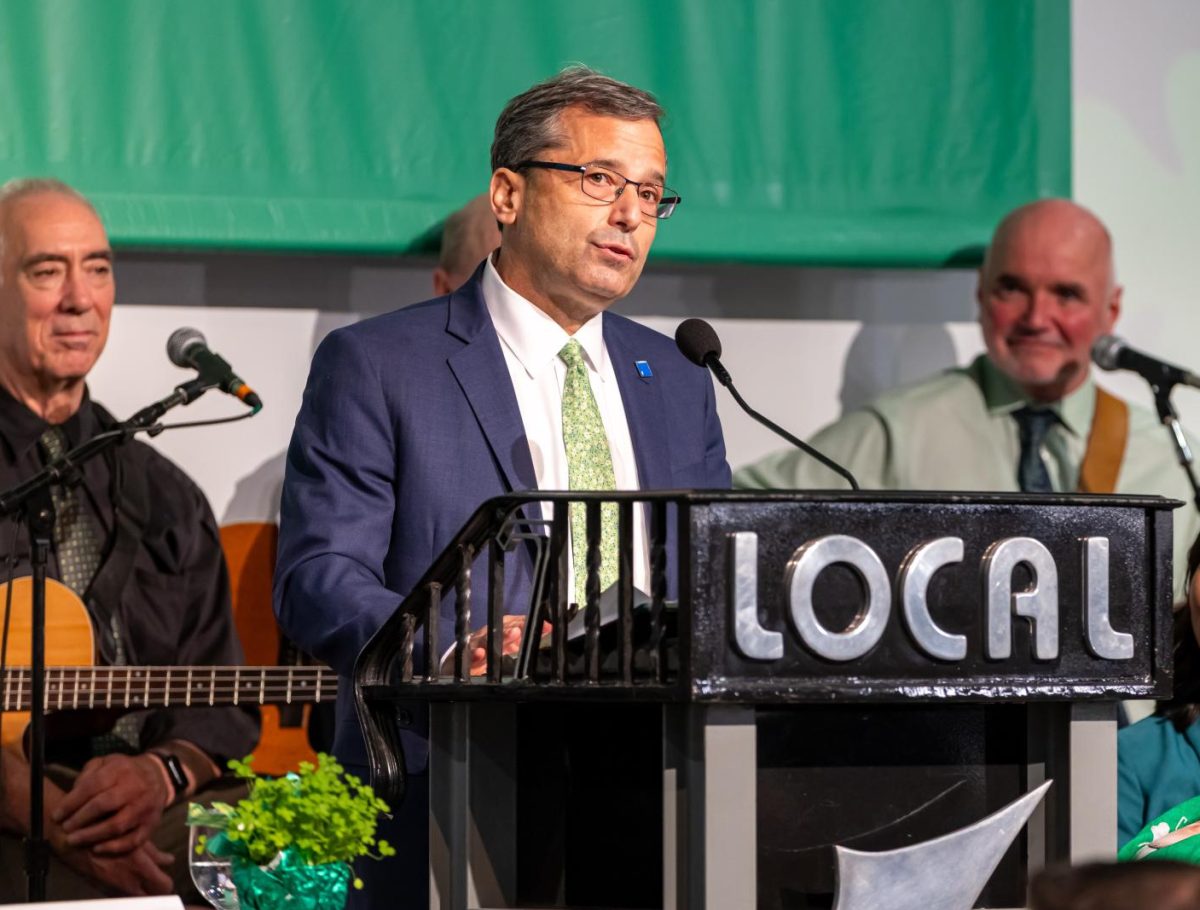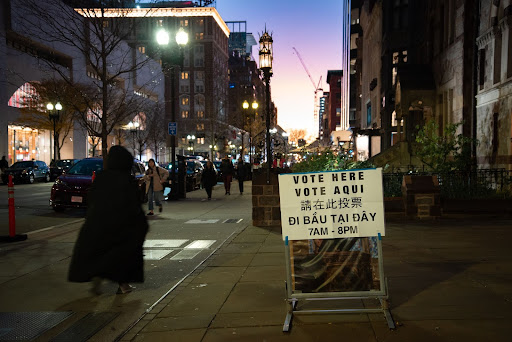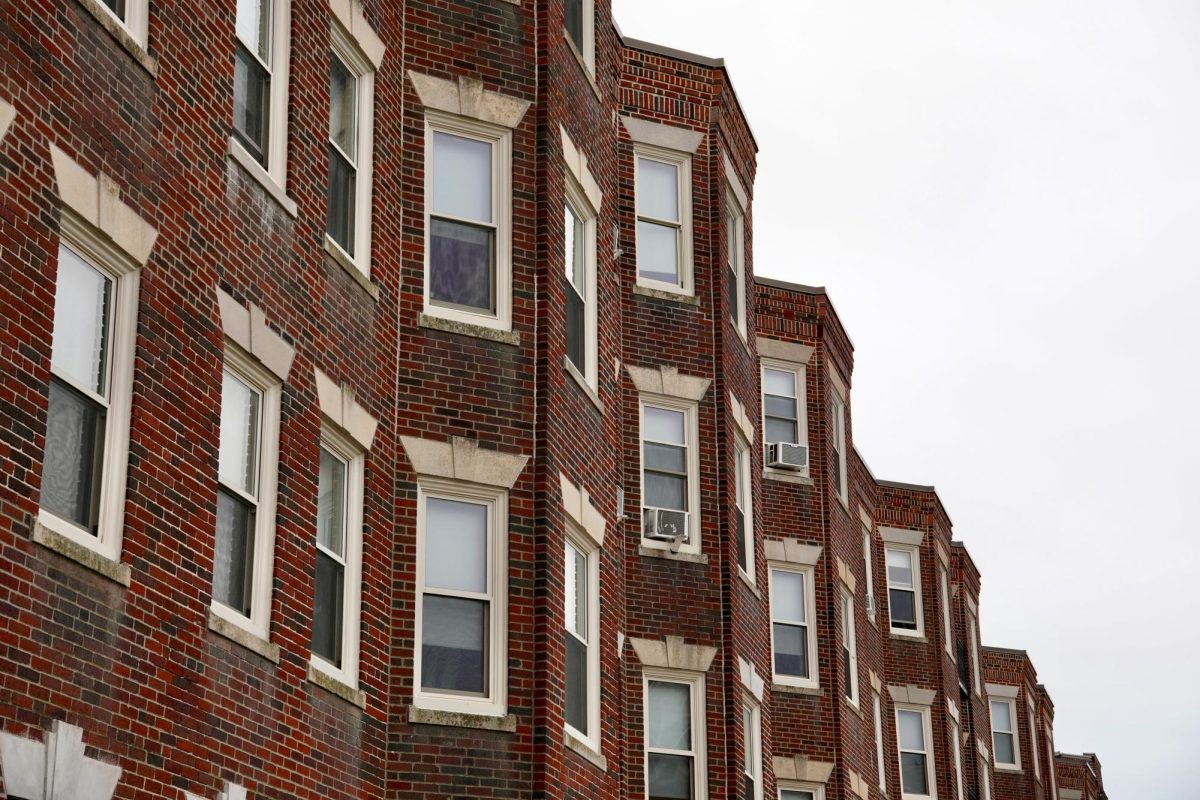The ripple effects of the federal government’s shutdown on Oct. 1 will be felt beyond Capitol Hill, impacting Boston residents across the city.
A government shutdown occurs when Congress fails to pass or the president fails to sign “the budget” — legislation that authorizes funds to federal programs for the next fiscal year. Without this legal authority to spend money, federal agencies must cease all “non-essential” functions until a funding bill is passed.
The last government shutdown was during President Donald Trump’s first term. This was the longest shutdown in U.S. history, lasting 34 days. In 2019, the funding dispute centered on a border wall; today, it’s about healthcare.
While the Senate and the White House continue to butt heads over the budget, some federal employees are being furloughed and preparing for possible mass firings, and others are working without pay.
There are 25,698 federal civilian employees in Massachusetts, and nearly 15,000 military personnel, according to the most recent data from the Congressional Research Service. While they go unpaid during the shutdown, members of Congress and Trump will continue receiving paychecks.
Those who don’t work for the federal government may be impacted by the shutdown in indirect ways. UMass Memorial Medical Center has halted its at-home hospital care program. This program, which allowed patients to receive “hospital-level care” from their own homes, is paused as the Medicare provision that funds it ended at the same time as the government shutdown.
“In the absence of any congressional action, we have had to wind down our census,” said Dr. Constantinos Michaelidis, medical director of UMass Memorial Health Hospital at Home, in an interview with CBS.
Popular, federally run sites around the city are also closed. This includes the John F. Kennedy Presidential Library, Museum and Research Room, as well as the Boston African American National Historic Site and the Robert Gould Shaw Memorial. Attractions that typically draw tourists, such as the African Meeting House and Boston National Historical Park, which includes the U.S.S. Constitution, the Freedom Trail (run by a separate foundation, making it one of the few remaining open sites) and the Boston Harbor Islands, are closed.
The Boston Logan International Airport, a hub for residents and travelers alike, is considered essential and will attempt to function as usual — but without pay for some key workers. While TSA and air traffic controllers are not furloughed, a dragged-out shutdown may result in flight delays and disruptions. In the last government shutdown, these unpaid, but crucial, employees stopped showing up to work in significant numbers.
Much remains to be seen, like how long the shutdown will last and whether “essential” federal employees can sustain their positions without pay.


